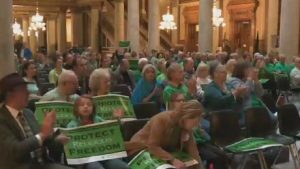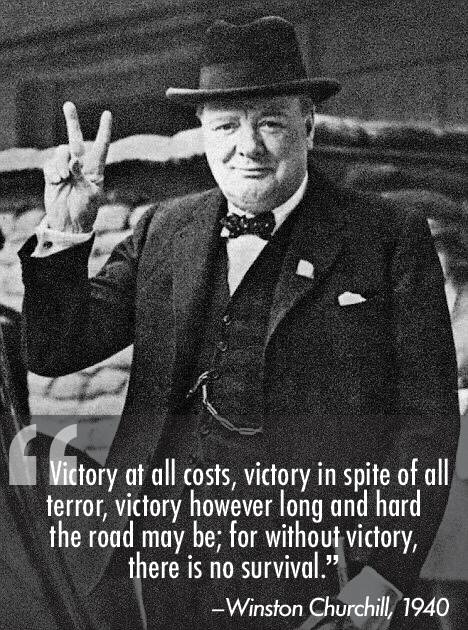Indiana Governor Mike Pence may have signed Indiana’s Religious Freedom Restoration Act last week, but he went wobbly after pressure from gay activists and business interests, and asked for a legislative “fix.”
Now, the fix is in from the state’s legislative committee, and it appears that it may be menacing to the rights of devoutly religious Hoosiers.

Law professor Mark Rienzi of Catholic University School of Law and the Becket Fund was the lead attorney in the Hobby Lobby case (Burwell v. Hobby Lobby Stores, Inc.), in which Hobby Lobby’s religious rights prevailed in the Supreme Court ruling of June, 2014. Rienzi warned that the Indiana ‘fix’ could “criminalize religious objectors,” as it states that religious exemptions would exist only for ministers, churches, and religious-based organizations. For-profit businesses need not apply. The legislative fix is not yet law, as it must pass both Indiana house and senate and be signed by the governor.
This is also coming at the same time that Arkansas Governor Asa Hutchinson also asked for changes to his state’s RFRA, adding that his son asked that he veto the bill.
How very ironic it is that these two governors have caved, and religious liberties placed on tenterhooks, in the month of the 70th anniversary of the execution of one of the 20th century’s most courageous and devout Christians: Dietrich Bonhoeffer.
Dietrich Bonhoeffer, born in 1906, was the brilliant son of one of Germany’s most prominent psychiatrists and the scion of a family of renowned theologians. Recognized early for his intellect and academic achievements, the young Lutheran theologian found himself opposed to the Deutsche Christen (“German Christian”) influence of Nazism in the Evangelical Church in Germany. Along with the removal of the Old Testament from the Bible and banning all non-Germans from entering the ministry, the state-acknowledged Evangelical Church also recognized this tenet from the 1920 Nazi Party Platform:
“We demand the freedom of all religious confessions in the state, insofar as they do not jeopardize the state’s existence or conflict with the manners and moral sentiments of the Germanic race.
Bonhoeffer and others established the Bekennende Kirche, the “Confessing Church,” as a means of opposing the state church. Its founding document flew in the face of Nazism by declaring that their allegiance was to God and Scripture, not the Fürhrer and the State. Bonhoeffer established an underground seminary, which was closed by the Gestapo, was forbidden to lecture at the University of Berlin, and eventually forbidden to publish his works. He became part of a Jewish rescue group and finally joined a political resistance conspiracy which sought to destroy Adolph Hitler. Bonhoeffer eventually was arrested and was hanged with six other conspirators at Flossenbürg concentration camp on April 9, 1945.

Dietrich Bonhoeffer, in his short 39 years of life, was a man of active, vigorous Christian practice. Not for him was compromise in the face of evil; indeed, he said that adherents to the perversion of the Christian faith he loved were practitioners of “cheap grace.” He wrote:
“Cheap grace is the grace we bestow on ourselves. Cheap grace is the preaching of forgiveness without requiring repentance, baptism without church discipline, Communion without confession…Cheap grace is grace without discipleship, grace without the cross, grace without Jesus Christ, living and incarnate.”

Tip Us!
Become a Victory Girl!

Are you interested in writing for Victory Girls? If you’d like to blog about politics and current events from a conservative POV, send us a writing sample here.

Follow Us On Twitter!



VG Vids!
Rovin’ Redhead



Recent Comments